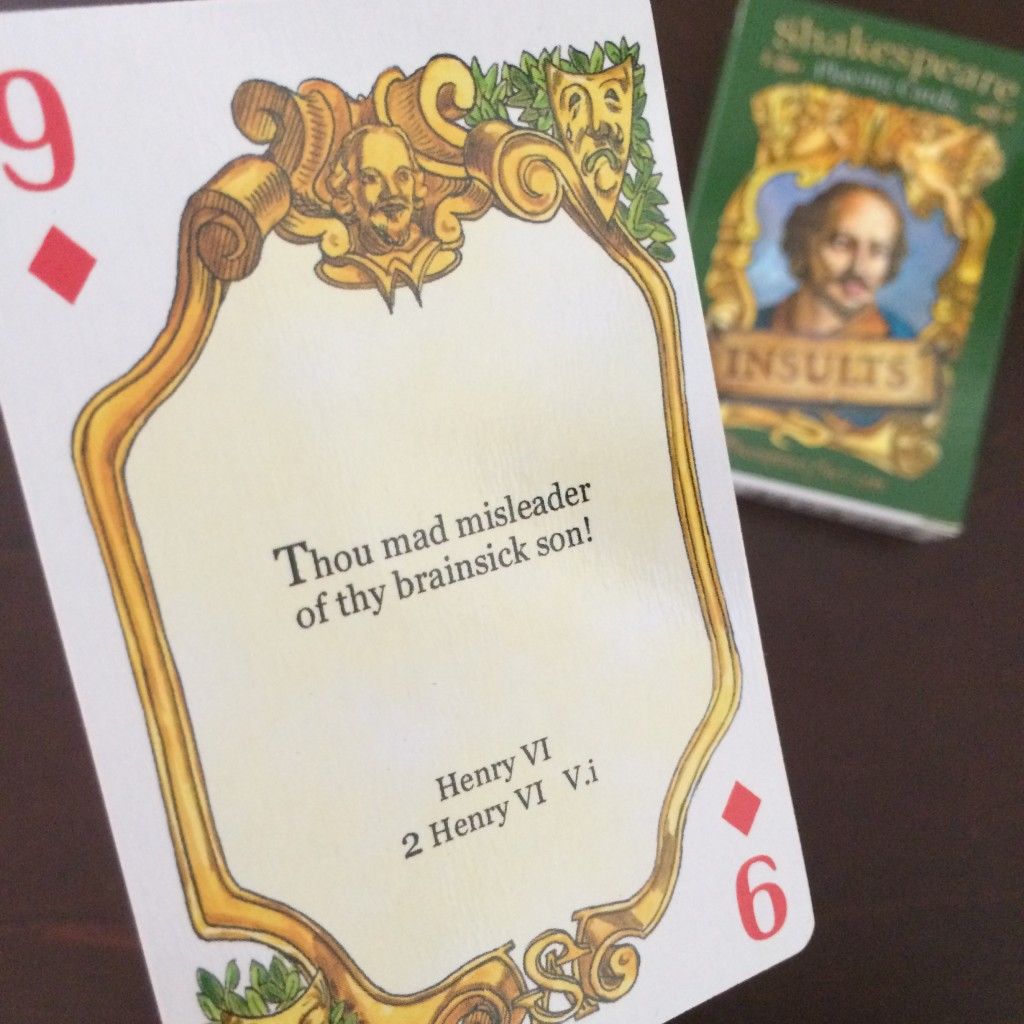
This essay was part of the 2016 Deal Me In Reading Challenge, where I read a short story, essay, or poem every single week. Each item on my reading list was assigned to a playing card, and every Friday I picked a card at random to choose my weekly read.

The Boston Evening Transcript
By T.S. Eliot
The readers of the Boston Evening TranscriptSway in the wind like a field of ripe corn.
When evening quickens faintly in the street,Wakening the appetites of life in someAnd to others bringing the Boston Evening Transcript,I mount the steps and ring the bell, turningWearily, as one would turn to nod good-bye to Rochefoucauld,If the street were time and he at the end of the street,And I say, “Cousin Harriet, here is the Boston Evening Transcript.“
I had 3 questions when I first read this:
- What was the Boston Evening Transcript? It was a daily afternoon paper that debuted many literary and poetic works and included columns on music criticism and book reviews. It eventually employed the first woman editor-in-chief of any major daily paper in the nation.
- Who is Rochefoucauld? (And how the heck do I pronounce that??) Firstly, I found a pronunciation video on YouTube. Rochefoucauld was a French writer of Memoirs and Maximes who was an influence on Friedrich Nietzsche. The Wikipedia entry on him says, “It is said that his world-view was clear-eyed and urbane, and that he neither condemned human conduct nor sentimentally celebrated it.”
- Is “Cousin Harriet” alluding to someone specific and/or famous, or is it just a name? I did some digging but couldn’t come up with any historical or other meaning tied to that name, so it seems it’s just a name given in an arbitrary sense.
Meaning
The poem is a criticism of the Transcript; T.S. Eliot wasn’t a fan of its readership.
The readers of the Boston Evening TranscriptSway in the wind like a field of ripe corn.
He likens the readers to ripe corn, swaying in the wind. This means they are ready for the harvest–or, to be “plucked.” Perhaps they are very easily “swayed” to be plucked–or indoctrinated–by the paper.
When evening quickens faintly in the street,Wakening the appetites of life in someAnd to others bringing the Boston Evening Transcript,
Here, he compares those that read the Transcript to everyone else. Everyone else becomes lively at night; their “appetites of life” wake for food, for friends, for dancing & drinking. In contrast, the Transcript readers remain lifeless at night.
I mount the steps and ring the bell, turning
Wearily, as one would turn to nod good-bye to Rochefoucauld,
If the street were time and he at the end of the street,
Once again I believe this is a reference to the lifelessness of the Transcript readers. If Rochefoucauld “neither condemned human conduct nor sentimentally celebrated it,” he sounds like a lifeless person himself without much emotion. His placement at the end of a street that represents time, also compares him with death itself.
And I say, “Cousin Harriet, here is the Boston Evening Transcript.“
Regardless of what he thinks, things will go on as they are.
T.S. Eliot
T.S. Eliot was an American-born (1888), Harvard-educated poet who settled in London in his mid-20s. There, his publications “immediately established him as a leading poet of the avant-garde.” He was awarded the Nobel Prize for Literature in 1948.

